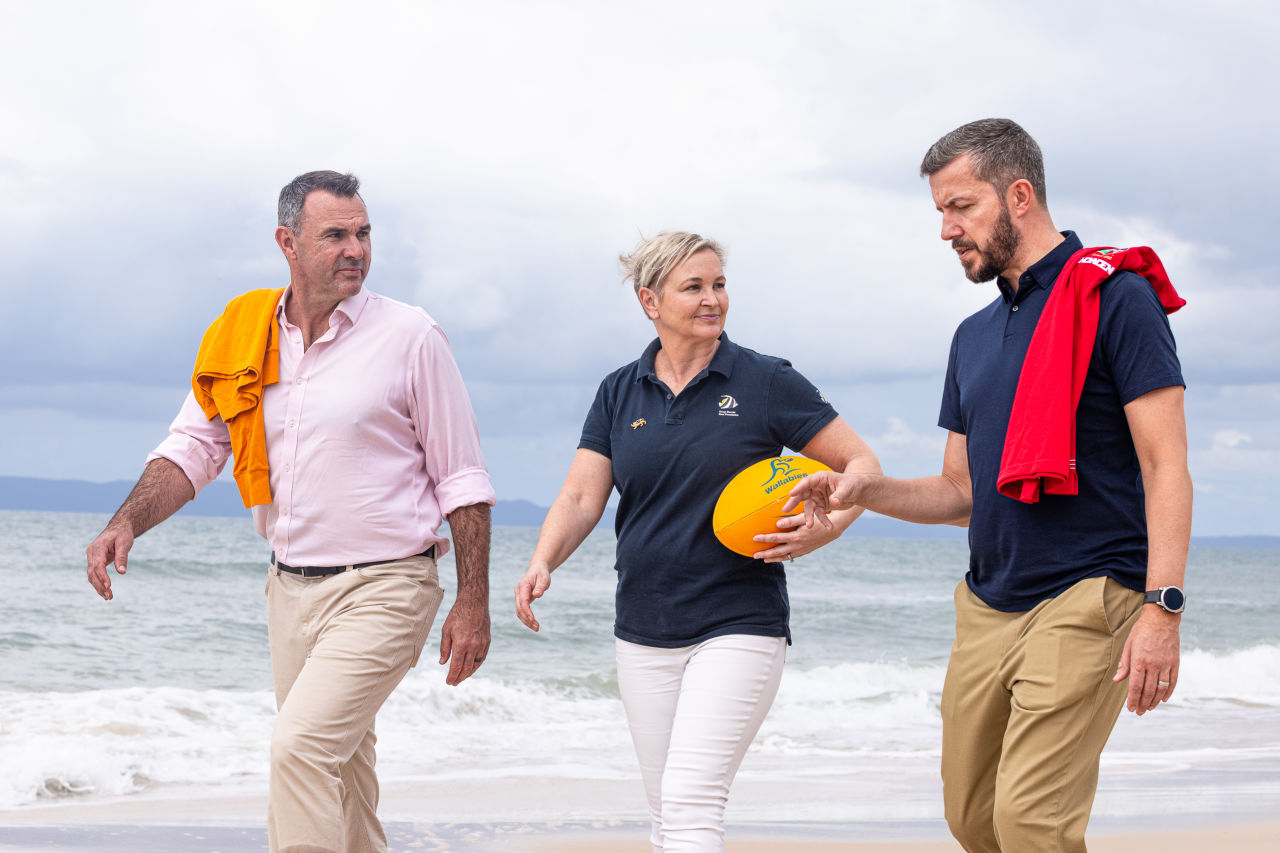The article has been republished from The Conversation under a Creative Commons license. Read the
As we start to think about rebuilding our lives in the midst of an ongoing pandemic, we need to be clearer than ever about what kind of Australia we want to live in, what counts as progress, and how we measure how well we’re succeeding.
This is because the indirect effects of this pandemic – social, emotional, educational and economic – will far outweigh the direct effects on physical health. We will need every ounce of clarity around our national identity (what we stand for) to ensure these don’t disproportionately impact the most vulnerable in our society.
Among those most at risk are children and young people, who are now attempting to make their way forward in a very different world.
Despite Australia’s strong economy before the pandemic, young Australians were already showing signs of struggle. Australia ranked just 21st out of 41 European Union/OECD countries on comparative indicators of well-being.
Research shows how poorly some young Australians were faring:
- one in five started school developmentally vulnerable
- one in four was overweight or obese
- one in seven had mental health problems
- one in six lived in poverty (OECD definition)
- one in eight directly experienced family violence
- one in two were distressed about climate change
The question now is how much worse these statistics will get as we enter the most significant economic downturn since the second world war.
The simple answer is we don’t know, but experts fear the worst for children and young people. This raises a pressing question about how we safeguard the well-being of future generations.
There are some reasons to be hopeful. The pandemic has forced us to find support in our local communities (albeit at a distance) and immediate families. For some, this has meant long walks in the park, getting to know neighbours and incredible acts of human kindness.
These simple things may be improving well-being in children and young people by helping them appreciate the natural world and better understand altruism. These values are often dismissed when we focus on developing the next generation to contribute to the economy rather than society.
We have seen the greatness of Australian civil society, too. The importance of protecting the health of every Australian has been a higher priority than protecting our wealth and economic growth.
However, health and economics are inextricably tied. As we adjust to living with coronavirus, we face the unenviable challenge of trying to spark an economic recovery while maintaining our focus on care for the most vulnerable in society. Herein lies a new test of Australian civic values.
Again, there is reason for hope. The nature of the pandemic has required societal changes that are more environmentally sound – greater localised food production, a focus on regional trade and Zoom meetings over travel. The more important things in life have been clarified for many.
Ironically, the pandemic may have paved the way for sweeping reforms that if sustained, could change society for the better.
Within these possibilities, it is essential we focus on the next generation because they are the future custodians of Australian civic values and society. It is time to elevate the well-being of children and young people as a new nation-building commitment, and fully invest in them as we adjust to our new norms.
We can do this in straightforward and concrete ways that can be implemented immediately. Key among these would be to:
- add well-being measures for children and young people to our national accounting system so our leaders are held accountable for progress on these goals
- maintain universal free child care and access to early years learning to improve equity in school readiness
- permanently increase income support, such as Newstart, and prevent long-term and structural unemployment to help bring children and young people out of poverty
- invest in affordable and social housing construction to stimulate the economy and ensure all children and young people have a home
- encourage employers to continue enabling secure, flexible working arrangements to increase family time and reduce commuting
- commit to climate action to ensure the natural world and our society not only survives for future generations but thrives
- listen to the voices of children and young people (particularly First Nations peoples) by providing meaningful and developmentally appropriate opportunities to participate in nation building, including the establishment of highly effective youth citizens’ assemblies.
Leaders have been listening to experts and making decisions based on evidence throughout the pandemic. And as a result, confidence in government and social trust in Australia have improved.
It is time to choose the type of Australia we want to live in as we forge our new path with coronavirus. Let’s ensure we prioritise the health, well-being and security of our youngest citizens and future generations.





